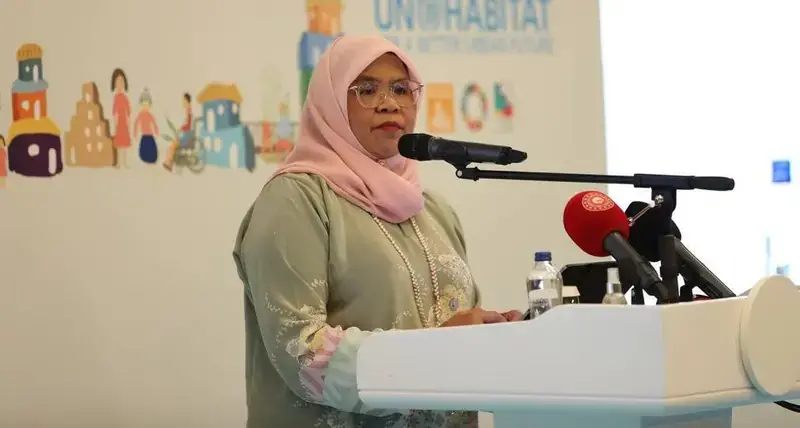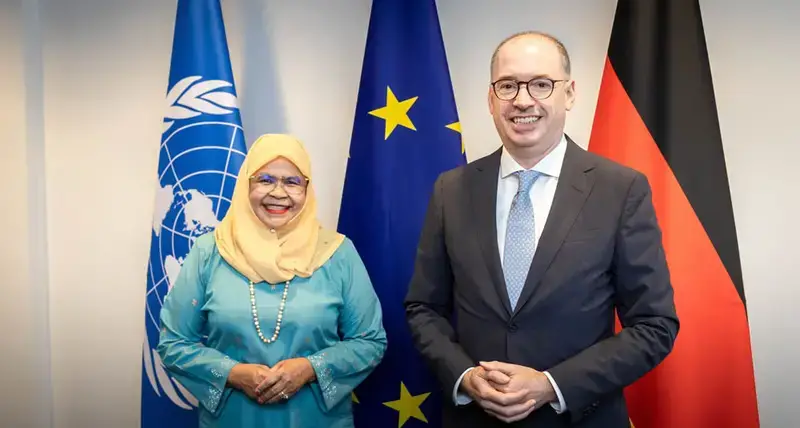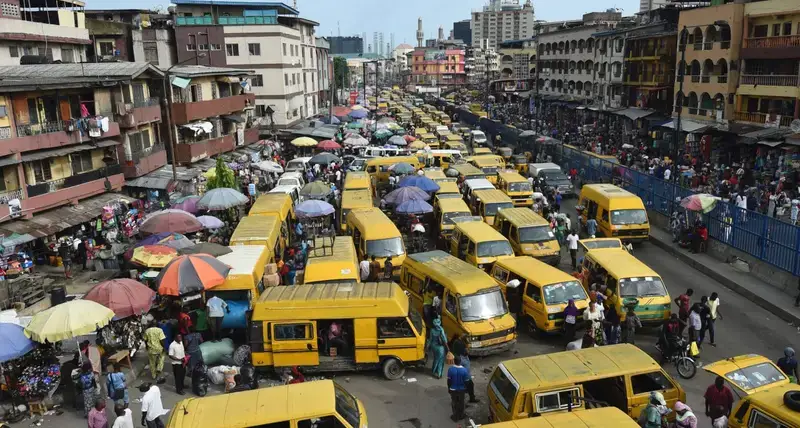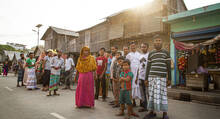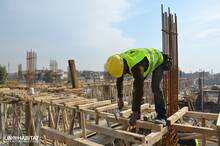Overview
Urban regeneration brings back underutilized assets and redistributes opportunities, increasing urban prosperity and quality of life. Urban regeneration initiatives are complex, lengthy and run the risk of gentrifying private space or privatize public one. At UN-Habitat we work for urban regeneration that ensures affordability, access to services and involvement of local residents to promote local economic development, where public space is a key element of interventions, and cities reduce environmental impact and GHG emissions. The preservation and valorization of historic and cultural heritage is a key opportunity for urban regeneration as well.
The Challenge
The shift of economic activities towards the outskirts of cities have left many inner-city areas blighted by unemployment, poor quality services, housing and decaying streets and public spaces. This has excluded residents from the opportunities of more prosperous districts and undermined the potential of urban centers to contribute to the prosperity of cities. Urban regeneration requires a diversity of approaches, such as redevelopment of brownfields, densification and intensification strategies, the diversification of economic activities, heritage preservation and reuse, public space reactivation and strengthening of service delivery.
Flagship Programme 'Inclusive Communities - Thriving Cities'
The programme acts as a convening platform for multi-stakeholder collaboration on knowledge, partnerships, technical assistance and financial resource mobilization to promote inclusive communities.
Donors and partners
Urban regeneration requires the involvement of different stakeholders and expertise.
UN-Habitat collaborates with sister agencies such as UNESCO and WHO to ensure that urban regeneration, renewal and heritage projects are aligned with the international agenda, the Sustainable Development Goals and the New Urban Agenda.
UN-Habitat works with international think tanks, academia and professional organizations to develop norms, global guidance and principles for urban regeneration.
Through specific technical and advisory services, UN-Habitat supports national and local governments to develop the spatial, legal and financial framework required for the implementation of urban regeneration projects, such as spatial development plans, legal instruments for participatory land readjustment and financial mechanisms for land-value capture.
The collaboration with expert NGOs and foundations is particularly important for implementation and mobilization of residents on the ground, as well as for advocacy.
